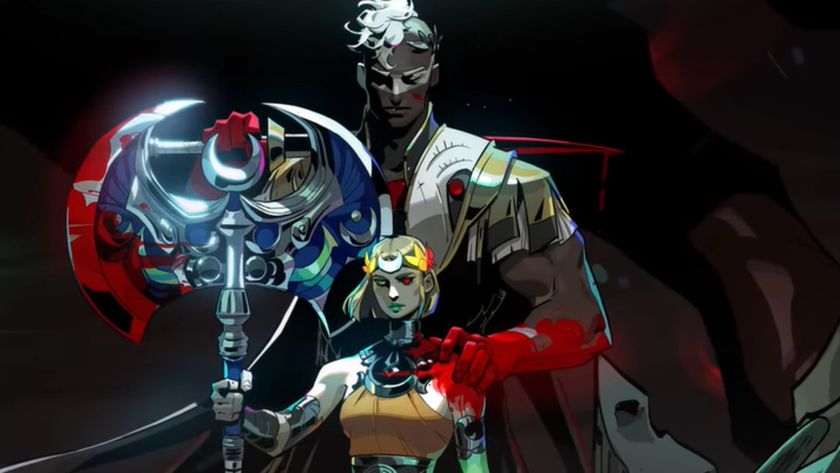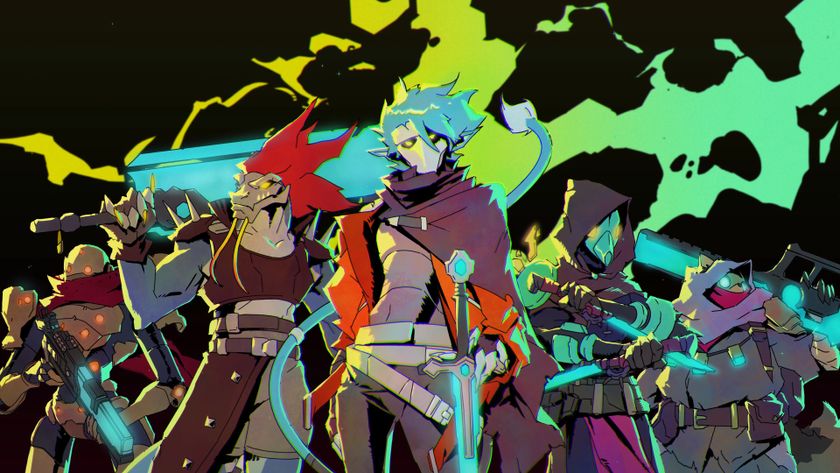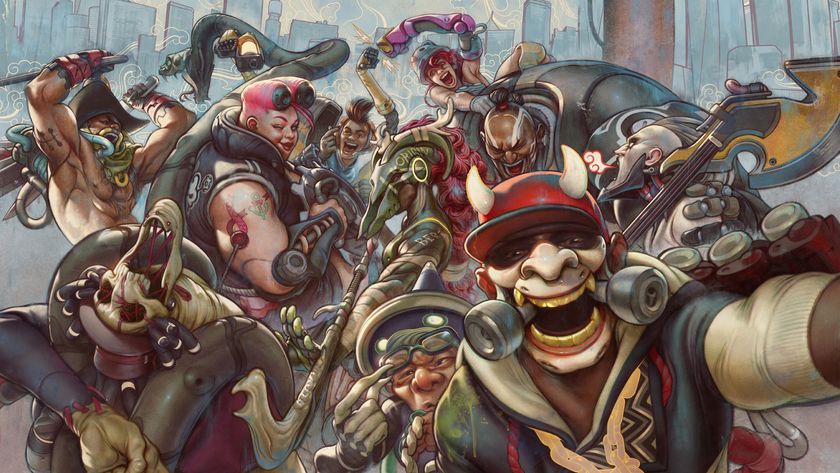Have you tried… dying a hundred times in Hades and never wanting to stop?
God-like doesn't do it justice: Hades is godly
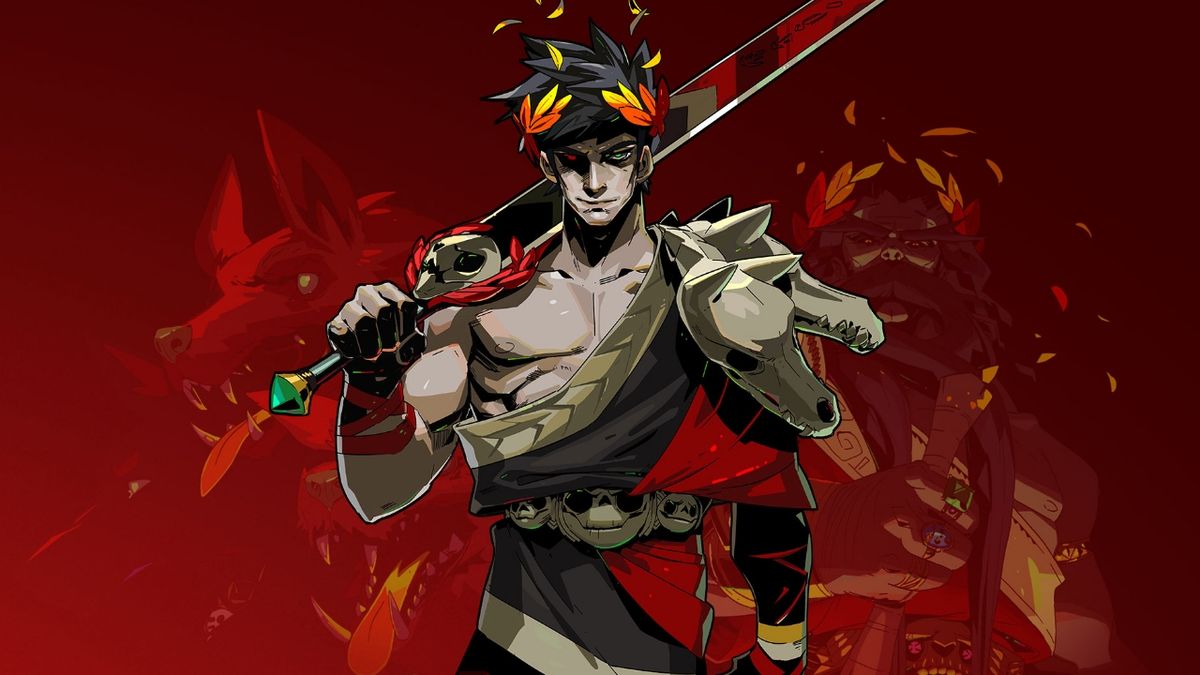
Hades does so many things so well that it's hard to focus on just one. Anytime I reflect on Supergiant's latest triumph, an isometric action-RPG about breaking out of the Grecian underworld, my thoughts inevitably spiral into random gushing. The combat's polished to a blinding luster, the art drips with style and color, the characters are diverse and likeable, and the music hammers almost as hard as your pulse will when you reach any of the game's many memorable boss fights. But the throughline for all of this is death, and I think it's death that really makes Hades tick.
Most games treat death as a very clear failure state, but dying in Hades feels completely natural. It's a game that teaches you to embrace death. Dying is not only painless, but downright exciting, to the point that you'll sometimes look forward to your next death, if only to see how it changes the game's world. This preserves the momentum and atmosphere that Hades' many brilliant components build up, and it's what makes the game so hard to put down. Death is woven into every inch of Hades, both as flavor and as a mechanic of its own, right down to the ties that bind protagonist Zagreus to the underworld. Every death turns to the next page of your story, and this accentuates the game's narrative and gameplay alike.
Characters to die for
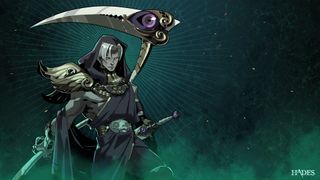
Dozens of characters orbit Zagreus, and because their interactions are so enjoyable – thanks to a combination of crackin' writing and a cast of artisans peddling audible chocolate disguised as voice acting – you always want to talk to everyone. But conversations only ever play out in snippets. How do you do? How's your sister? Meg, do you still hate me? And on and on. You only get to the really juicy stuff – the stuff that will fuel a tidal wave of fanart – after a couple, or maybe a couple dozen, of deaths. New conversations await you after every escape attempt, and this is a big part of what propels you along. You've hooked me up to a bag of brilliance, Supergiant. Enough of this drip-fed foreplay; kill me and inject that shit in my veins.
And if you thought the writing was tempting before, just wait until you beat the final boss for the first time. Without wishing to spoil, act two of Hades unfolds a bit like Nier: Automata, with carefully layered revelations slowly pushing the story to greater and greater heights. The main difference is that, instead of a bunch of endings, Hades uses death to build the path toward one true ending. And the catch is that you have to beat the final boss again in order to reach the next revelation. How very like a video game. You want to see more? You'd best pull your bootstraps up – and then pull them higher than that until your bootstraps reach your knees, then your waist, and finally your collarbone, at which point you exist entirely for the Hades-induced strapping of boots.
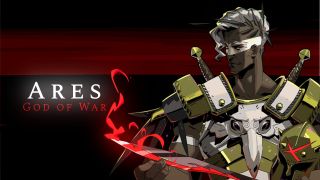
What I'm saying, in case it's somehow unclear, is that this puts you in the exact same position as Zagreus: you want to escape the underworld just to get some answers. Not a lot of games can connect you to a protagonist like that, and Hades wouldn't be able to pull it off without such human and relatable supporting characters. That, and the aforementioned audible chocolate artisans.
It's not just a story thing, either. Talking to characters and giving them gifts has real gameplay ramifications, too, not unlike the social links in Atlus' Persona series. You'll discover entire game-changing features and upgrades through chit-chatting, and if you talk to certain characters enough, you'll unlock one particular upgrade (which I won't spoil) that provides exactly the sort of "Fuck you" button I so desperately wanted in my earlier runs. By the way, we sure are comparing Hades to some brilliant games, aren't we? It's almost as if it leverages some of the best trends in emergent storytelling but views them through an inimitably Supergiant lens.
Anyway, let's talk about dying some more.
Sign up to the 12DOVE Newsletter
Weekly digests, tales from the communities you love, and more
Actually, what does kill me makes me stronger
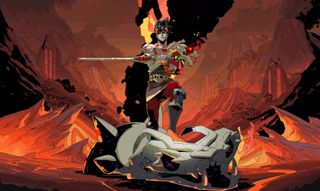
There are fundamentally two kinds of rogue-likes: the ones that always set you back to square one when you die, and the ones that set you back to square 1.2, then 1.5, and finally square 2.0. Hades is in group two: as you play, you earn currency to spend on permanent upgrades that benefit future runs. In other words, every death is an opportunity to get demonstrably stronger. This is my preferred type of rogue-like because it has a more conventional video game-y progression curve, and Hades uses cyclical death to amp that up considerably.
It can be gutting to lose a good run in Hades. You've got a busted combination of godly boons, your weapon upgrades are on point, and you're firing on all cylinders – until you aren't, and then you're dead. That stings, no doubt, but only for a second. Likewise, beating the final boss and starting over without your monstrous build sometimes feels like getting off the freeway and ducking into a neighborhood with a turtle's speed limit. Both of these situations end in death, but here again Hades takes the edge off dying by reminding you of what's to come.
After I lose a bonkers build, I'm not moaning about how weak I am. Instead, I'm thinking about how I'm going to replicate that build, or better yet, improve it. What if I had that one passive boon from Artemis? Oh, and I reckon I should start with a boon from Ares. Athena's dodge would really spice things up, too. As you become more literate in Hades' upgrade system, you start to plan ahead and better control your RNG. This turns every death into a learning experience: either you learn what upgrades work for your play style, or you learn what dangers to watch out for.
See, I knew this would happen; it always comes down to gushing. I've played Hades to hell and back (heh) and I still feel that I haven't seen it all. I want to spend more time with Dusa the gorgon housekeeper, not to mention the hidden weapon aspects. I have to finish Achilles' arc. I need to pet Cerberus more! I've died dozens and dozens of times across some 55 hours, and I'll gladly die again because I know it'll be more than worth it – it'll be one of the best parts.

Austin has been a game journalist for 12 years, having freelanced for the likes of PC Gamer, Eurogamer, IGN, Sports Illustrated, and more while finishing his journalism degree. He's been with 12DOVE since 2019. They've yet to realize his position is a cover for his career-spanning Destiny column, and he's kept the ruse going with a lot of news and the occasional feature, all while playing as many roguelikes as possible.
Most Popular







